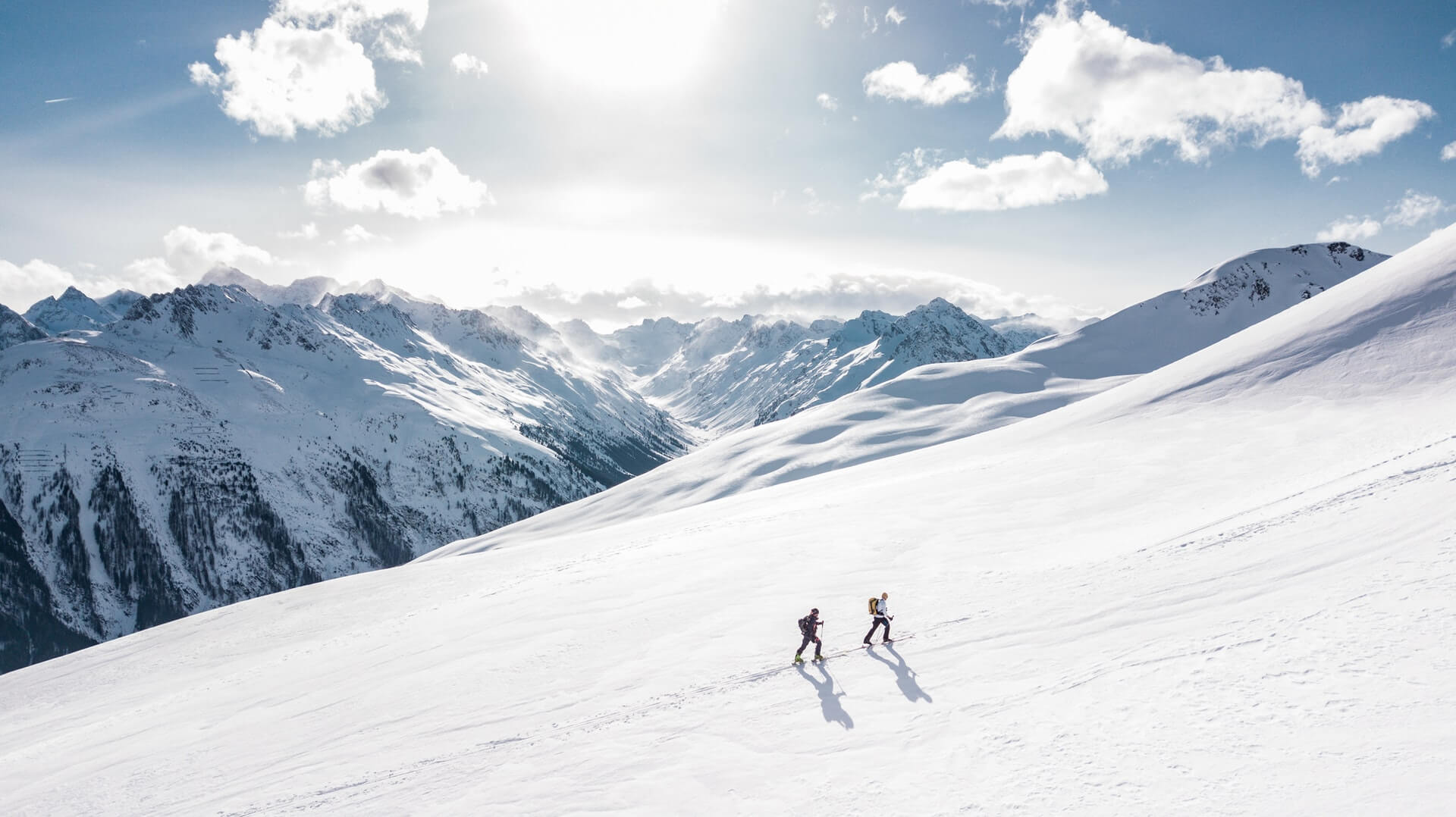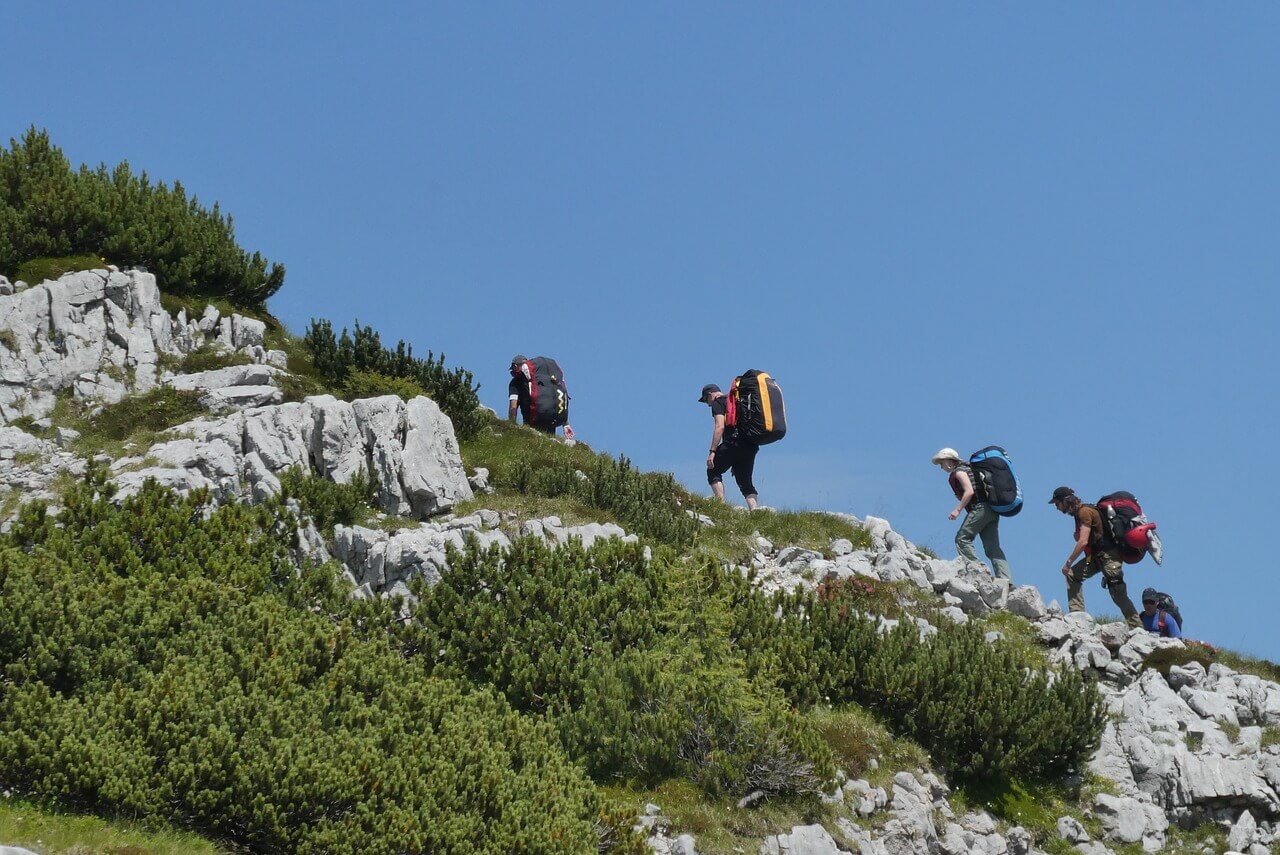Regular climbing can enhance muscle strength, joint flexibility and body coordination. With the limb movement, the whole body nutrients and oxygen consumption increased, metabolism accelerated, the cardiorespiratory function has a very unique strengthening effect.
But mountaineering is also an aerobic metabolism-based, long duration, the body is relatively large consumption of exercise. Especially in the fall, the climate is relatively dry, the temperature difference between day and night is relatively large, so in the mountaineering exercise, pay more attention to the body's nutritional situation, a reasonable nutrient supplement.
When climbing, pay attention to follow such nutritional principles.

First, to supply enough heat.
Because mountaineering is a relatively large digestive energy exercise, so the energy supply is very important. Climbers before going up the mountain, according to the climbing time, to prepare a certain amount of food. Food should include the three main functional substances of carbohydrates, proteins and fats, and try to maintain a balanced nutrition.
Carbohydrates generally choose bread, cakes, canned eight porridge and other convenient and light food. High-fat nuts, chocolate and other high energy and small size is a good functional food for long aerobic exercise like mountain climbing.
Protein is recommended to choose lunch meat, canned fish, ham sausage, fish sauce, vacuum-packed salted duck eggs, soy products and other foods with high protein content.
Second, hiking hydration is important.
When climbing, the body will be a lot of sweat, in addition, because of the dry climate in autumn, and the strong sunlight on the mountain, people always feel thirsty, then the hydration is particularly important. The human body thirst dehydration will cause a decline in athletic ability, hydration can restore the mountaineer's athletic ability.
When climbing, the human body temperature is rising, active hydration can help the body cool down, but also to maintain the stability of the internal environment, to promote metabolic waste out of the body.
When climbing, a large amount of electrolytes and water-soluble vitamins are also excreted with sweat. Therefore, when replenishing water, be sure to choose a sports drink containing electrolytes, vitamins, and synergistic supplementation, rather than a single supplement of white water.

Third, timely replenishment of minerals.
As people sweat, the body will lose a lot of sodium, potassium and other minerals, in addition to a portion of the sports drink supplement, but also through food, such as squash, snow, condiments (soups and other modest supplements to maintain the body's ability to exercise, to prevent fatigue occurs prematurely.
Fourth, the multivitamin supplement is necessary.
Because mountaineering is a relatively large amount of oxygen-consuming activities, the body will produce a large number of oxygen free radicals. Therefore, in addition to replenish the consumption and loss of vitamin C, B vitamins, but also to supplement some antioxidant vitamins, such as vitamin E, lycopene, etc., to improve the body's immunity, to prevent the emergence of mountaineering immunity under the phenomenon of easy to get sick.


